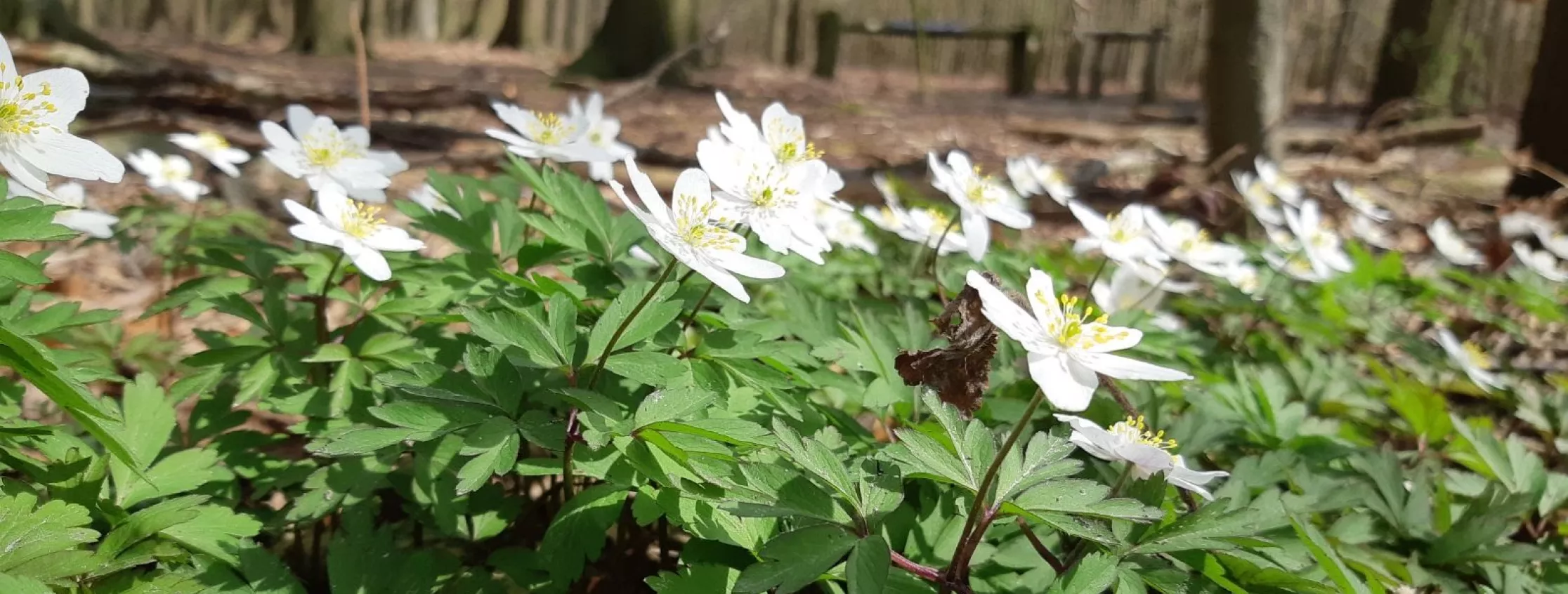Developing and sharing knowledge and skills
When creating content for all kinds of information channels and providing specific training, a capacity-building and knowledge-sharing network is paramount to ensure that this information reaches all stakeholders so that they can copy/replicate and scale up the results.
Copying/replicating and scaling up the results will better ensure sustainable use of the tools developed. The project can make use of the networks of different (bio)geographical levels and will look for maximum synergies between a wide range of stakeholders.
The protected area and restoration themes highlight the importance of training and informing stakeholders so that they can participate in the implementation of Natura 2000 objectives. As many stakeholders will be involved in the implementation of the Prioristed Action Frame (PAF), a clear strategy for capacity building and knowledge sharing will be put in place. Based on a needs assessment (internal and external), a training programme for (government) staff and stakeholders will be further developed and promoted. This capacity-building and knowledge-sharing network should not be limited to Belgium. The LIFE Belgium for Biodiversity project will start contributing more broadly to biogeographical processes and seminars and establish contacts with other SNaPs. Cooperation between Member States and existing stakeholder networks will be actively promoted with the support of the Coalition of Landowners for Nature Conservation (CLC) led by Eurosite and ELO.
Several tools have been identified in this horizontal theme that contribute to this objective and in support of the other themes of this project. An example of these tools are: Business Conseveration Partnerships, translation of Ecopedia, twinning agreements, media library,...
This theme specifically contributes to the following project objectives:
Biodiversity mainstreaming:
Participation in the Natura 2000 Biogeographic Process with the organisation of thematic networking events whose results can be used for the EU biogeographic seminars. Provide support to businesses on lulcf, carbon storage, sustainable water grabbing and clean energy transfer. Align agriculture-related processes with biodiversity policy by focusing on partnerships.
Train stakeholders and create knowledge networks:
Creating an active knowledge network by setting up special training programmes for (government) staff and stakeholders by 2025 and promoting a low-threshold platform for knowledge sharing, based on the existing platform Ecopedia and OB+N (NL). Provide field expertise and contribute to a regional, national and international knowledge network (e.g. biogeographical process) for project partners and stakeholders by 2025.
Increase awareness in society:
To raise awareness in society on nature conservation issues and further disseminate best practices in this regard, the project will organise and support specific (inter)national events, campaigns and local initiatives e.g. thematic workshops linked to Biogeographical seminars, campaigns for relationship managers and specific trainings.
In the LIFE Belgium for Biodiversity project, a specific action is planned to strengthen existing citizen science initiatives and further scale them up. Not only for deployment within the Belgian context, but also in other European countries.
Just transition process:
This theme will also contribute strongly to enforcing the nature-inclusive agriculture agenda to reduce the impact of agriculture on protected areas and increase biodiversity on agricultural land (e.g. Lanbouw-related species) and take mitigation measures for spatial planning processes related to protected areas. This will take into account an equitable conversion process for all stakeholders.

